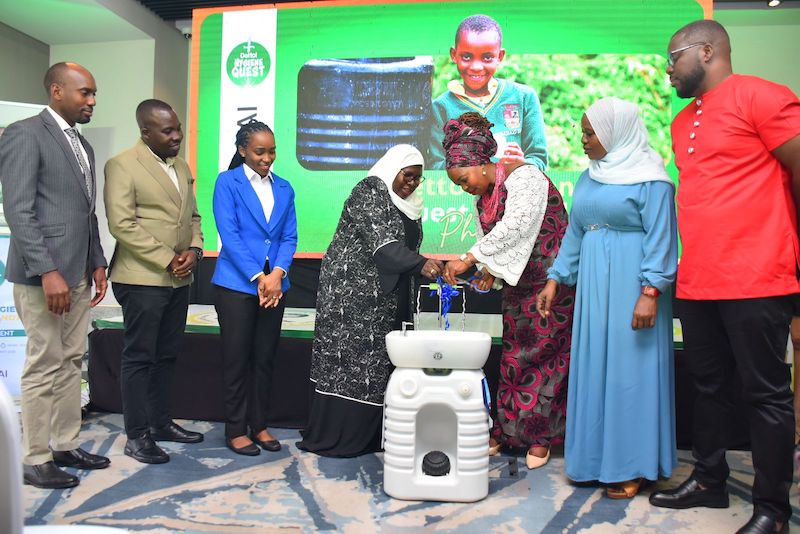
As Uganda joined the rest of the world to mark Global Handwashing Day, the government, in partnership with Dettol Uganda, renewed its commitment to promoting hygiene, dignity, and health in schools and communities.
The call to action was made by Florence Nambozo, minister of state for Karamoja Affairs, during the celebrations and the official launch of phase II of the Dettol Hygiene Quest, a global education programme designed to equip young children with essential hygiene skills for life.
Targeting children aged 5–11 years, their teachers, and families, the initiative promotes handwashing, sanitation, and germ awareness through fun, curriculum-aligned tools and activities.
According to a 2022 WHO/UNICEF report, about 779 million people in Africa still lack basic sanitation, while 839 million have no access to hygiene facilities. Recognizing this gap, the Hygiene Quest programme, implemented in partnership with Chil Group (Chil AI Lab), a local health innovation company, aims to create long-term impact through improved hygiene infrastructure such as handwashing stations, and interactive hygiene lessons.
Teachers and learners also receive guidebooks with step-by-step handwashing instructions, supported by engaging materials to make hygiene a consistent and sustainable routine.
“A community that neglects hygiene cannot prosper. That’s why the government prioritizes access to clean water, hygiene education, and sanitation,” said Nambozo.
She also highlighted the Dettol Hygiene Quest chatbot, a digital innovation that enables schools and local governments to monitor attendance and hygiene practices in real time. Boniface Shaka, country manager at Reckitt Uganda, reaffirmed the company’s belief that hygiene is a fundamental right for every child.
Phase I of the programme reached 750 schools, leading to the construction of 1,500 handwashing facilities, ensuring both boys and girls had equal access. Dr Shamin Nabuuma, founder of Chil Group, said the project will expand to more schools in Lira, Gulu, Kampala, Isingiro, and Sironko, integrating new digital tools to enhance classroom delivery and monitoring.
The digital assistant helps teachers track attendance, plan lessons, and monitor hygiene practices more efficiently.
“It’s about making teachers’ work smoother, smarter, and more impactful.”
The chatbot also enables teachers to incorporate hygiene topics such as handwashing and menstrual health into daily lessons, while offering creative suggestions, instant feedback, and performance scores. All data, she emphasized, is encrypted to protect students’ privacy.



